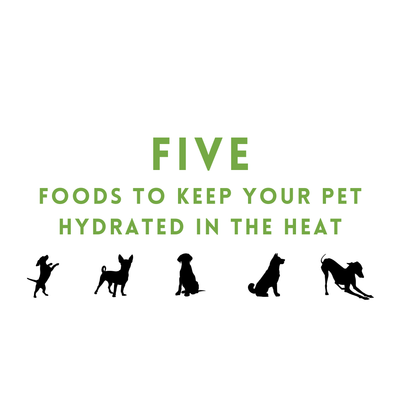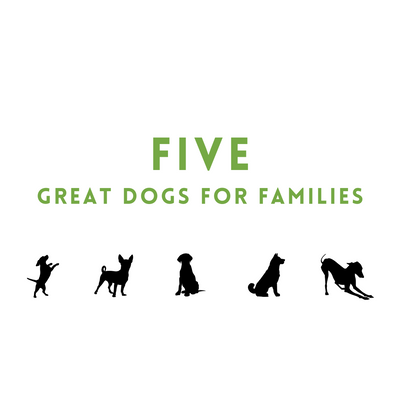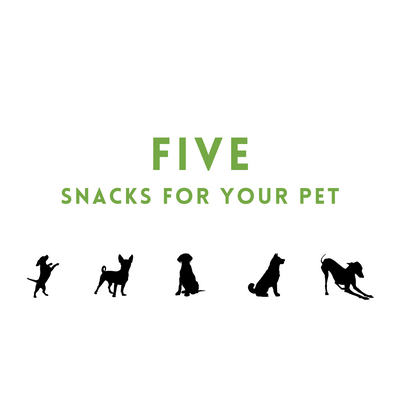Everyone thinks of allergies as no peanuts on the plane, watch out for bees and keep your hands on an epipen, but not all allergies are anaphylactic. Some milder allergies can include breaking out in hives, itchiness, headaches, runny nose etc. Signs of mild allergies can be found in dogs and cats, too, especially allergies related to food.
Dogs and cats can’t communicate the way humans do, which means they can’t verbally tell us when a food is irritating or damaging to them, but there are signs. Before you can identify the irritants and work with a vet or qualified animal professional, you have to be able to recognise signs of a problem. Below we’ve included 5 common signs of food allergies in animals. If your pet displays a few of these problems, they may be suffering with allergies and should be investigated.

One. Itching and irritation.
One of the most common signs of food allergies in pets is persistent itching, scratching, or skin irritations. If you notice your pet constantly licking their paws, chewing on their skin, or developing rashes, it could be an indication of an allergic reaction to a certain ingredient in their food.

Two. Gastrointestinal Distress.
Food allergies can manifest in gastrointestinal issues such as vomiting, diarrhoea, or chronic gas. If your pet experiences digestive upset regularly, it might be linked to an allergic reaction to a specific component in their diet.

Three. Ear Infections.
Frequent ear infections, especially in dogs, can be a sign of food allergies. Allergies can contribute to inflammation in the ears, leading to discomfort, redness, and a persistent head tilt.

Four. Unexplained weight loss.
When a pet experiences food allergies, their body may struggle to absorb essential nutrients from the diet. This malabsorption can lead to weight loss over time, even if the pet is consuming an adequate amount of food.

Five. Poor Coat Condition.
Food allergies may disrupt the balance of essential fatty acids that contribute to a healthy and shiny coat. Additionally, allergic reactions can lead to inflammation, affecting the skin and fur quality. If your pet's coat becomes dry, brittle, or loses its natural lustre, it's essential to investigate the possibility of food allergies.

These are five signs that you pet may be suffering from allergies, but these signs can also be symptoms of other health conditions. It's crucial to consult with a vet about your pet's needs. If you suspect your pet has food allergies, your vet may recommend an elimination diet or allergy testing to identify the specific allergen. Remember, a timely diagnosis and appropriate changes to their diet can significantly improve your pet's quality of life and overall health.






